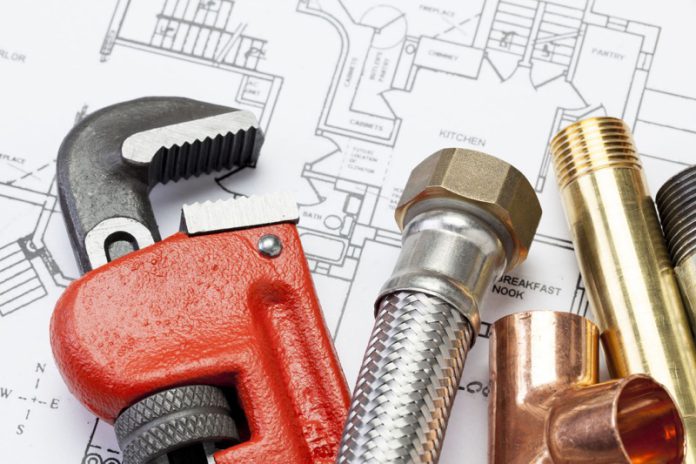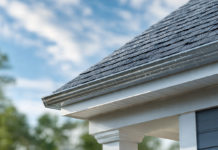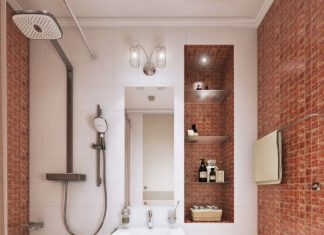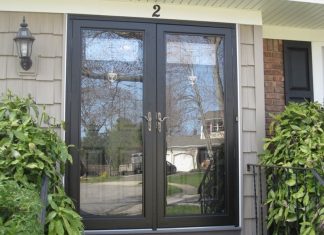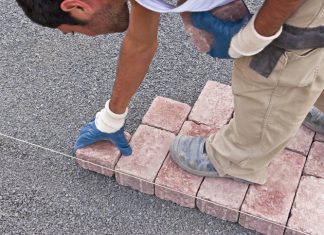Have you ever been away from home for a few days to return to a plumbing nightmare such as a flooded basement? Many homeowners have experienced the terror of a plumbing emergency, and it’s no fun.
The good news is that most plumbing emergencies are avoidable if you take precautions. Know your plumbing basics, such as the location of the main water shut-off valve and the water meter. Regularly check the entire unit for leaks or worn-out parts. Here’s how to avoid plumbing emergencies.
Always Carry Out Regular Inspections
Have an expert plumbing & HVAC services provider conduct regular system inspections to avoid nasty surprises. Schedule the exercise at least once a year. The effort detects potential issues and nips them before developing into full-blown emergencies. The expert may recommend replacing certain plumbing system parts, such as corroded pipes and worn-out washers.
Check for Leaks
Household leaks waste an estimated 180 gallons of water per week. Don’t ignore the faucet dripping for weeks or the mold growth near the water heater. Regularly check for leaks and repair them as soon as possible to avoid further damage.
Don’t Flush Non-biodegradable Items
Flushing objects such as diapers, sanitary napkins, and paper towels down the toilet can cause plumbing issues. They clog pipes and drain systems causing extensive damage. Only flush biodegradable items such as human waste and toilet paper to avoid problems. Additionally, refrain from pouring grease or cooking oil down the sink as it hardens and blocks the pipes.
Keep Your Drains Clean
Clogged drains are one of the most common plumbing issues. They often occur in the kitchen sink due to grease and food particles building up over time. To unclog a drain, use a plunger or an auger. You can also try a natural drain cleaner with enzymes to break down the clog. Pour hot water, vinegar, and baking soda down the drain regularly to keep it clear.
Never pour coffee down the drain. Coffee grounds build up over time and clog your drains. If you must pour coffee down the drain, mix it with hot water first to break it down. Better yet, compost the coffee grounds.
Check Appliances Regularly
Regularly check water-using appliances such as the washing machine, dishwasher, and water heater for leaks. Look out for signs such as pooled water around the device, musty smells, and mold growth. Regular maintenance prevents serious issues such as a burst washing machine hose which can cause extensive flooding.
Other than this, keep an eye on the water pressure. If it’s too high, it could damage your pipes. A decreased water pressure indicates a leak, clogs, or corrosion in the system.
Keep The Gutters Clear
Gutters full of leaves and debris can cause water to overflow and seep into your home’s foundation. This could lead to severe issues such as flooding and water damage. Clean the gutters at least twice a year, in the fall and spring. If you live in an area with many trees, do it more often. The effort protects the roof as well. Poor drainage causes water to seep under the shingles leading to rot.
Be Careful With Chemicals
Household cleaning chemicals can damage your plumbing system. They contain harsh ingredients that eat away at the pipes and cause corrosion. When using these products, always follow the manufacturer’s instructions. Additionally, store them properly to avoid any accidents. Keep them out of reach of children and pets.
Besides this, check whether you have hard water. The water contains high levels of minerals such as magnesium and calcium. Over time, these minerals build up and clog the pipes. They can also cause corrosion. Install a water softener to protect your plumbing system if you have hard water.
Liaise With Professionals
Plumbing emergencies can be stressful as they happen when least expected. Always have a professional’s contacts. The expert will have the necessary tools and experience to fix any plumbing issue correctly. Most importantly, they’ll offer speedy solutions.
Experts spot potential problems and offer preventative measures. They’re also insured, assuring you of maximum protection to your property. Although the service costs money, it’s worth it.
